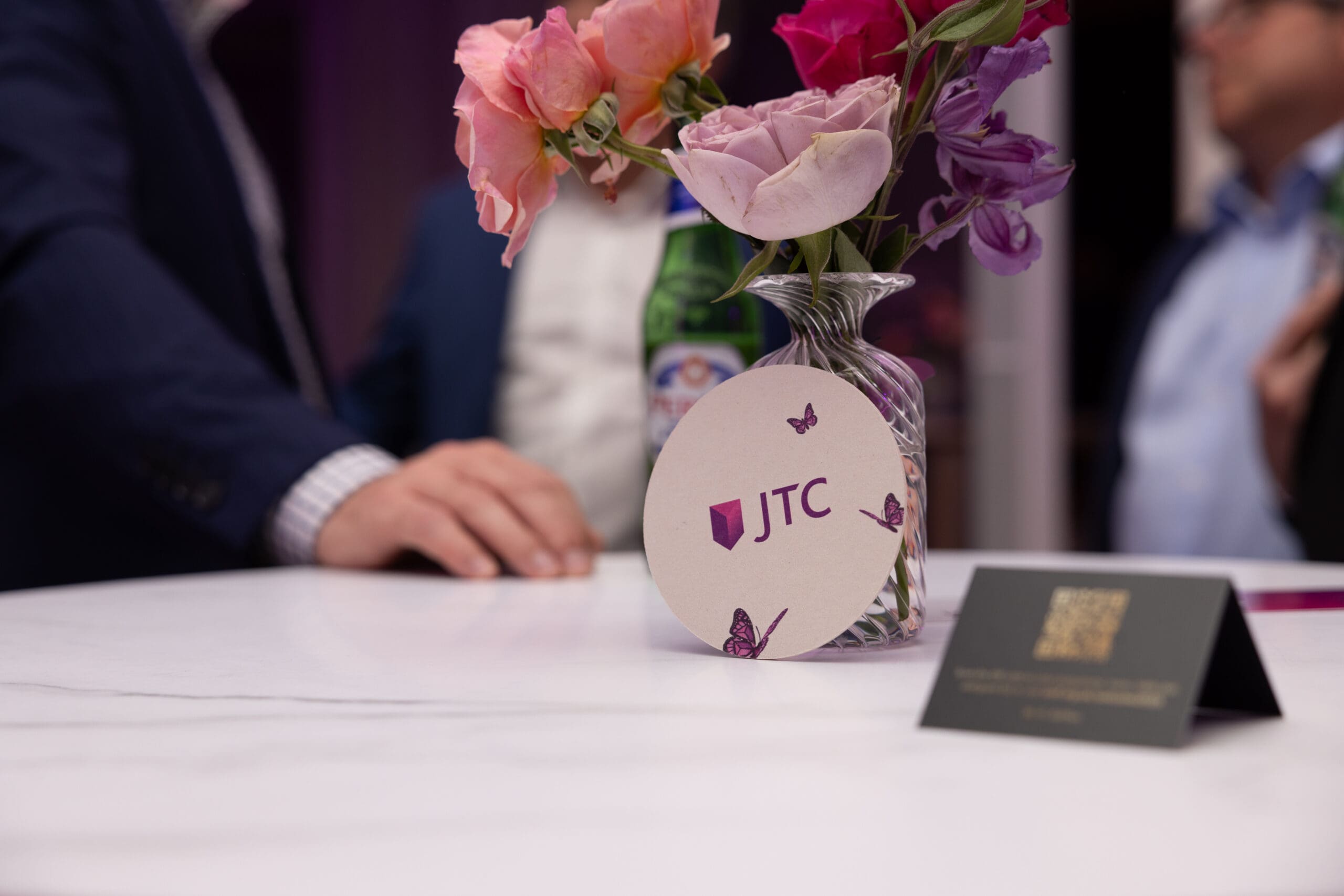1031 and Real Estate: Answers to Common Questions
Stay Connected
Stay up to date with expert insights, latest updates and exclusive content.
Discover more
Stay informed with JTC’s latest news, reports, thought leadership, and industry insights.
Let’s Bring Your Vision to Life
From 2,300 employee owners to 14,000+ clients, our journey is marked by stability and success.

















